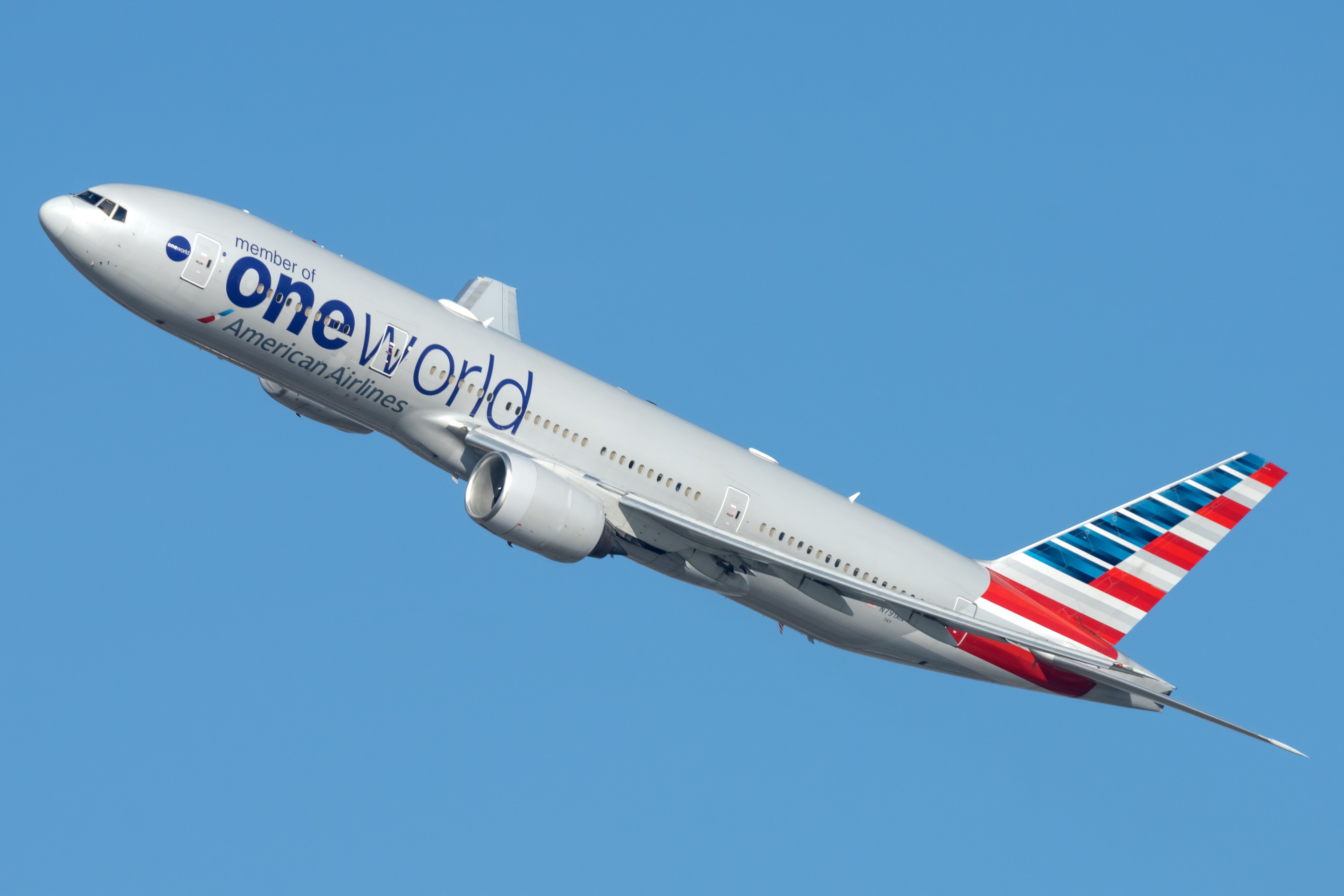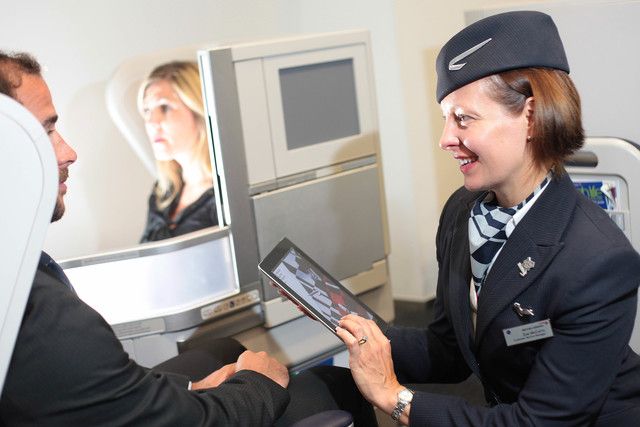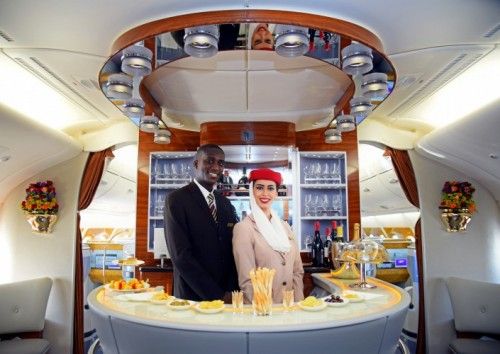If you want to work as cabin crew at an international airline, English is a requirement and additional languages are desirable. Small airlines that only operate domestically, may not have the English requirement but as a rule, for most airlines, it is asked for.
English is the aviation language
Onboard an international aircraft, all communication must be in English because that is the language of aviation and potentially stops any communication issues, especially when you often have crew from many nationalities. Of course, for safety reasons, it is essential for the cabin crew to communicate clearly within the team and with the passengers in case of an emergency situation. It is crucial that all instructions are precise, straightforward and understood.
Cabin crew are primarily onboard for safety first, and service second. It is their responsibility to evacuate the aircraft in an emergency situation, so they must be able to speak clearly and concisely. Miscommunication and language barriers have an impact on flight safety, therefore effective communication is absolutely critical.
Language of destination
Other languages are an advantage to cabin crew, especially where the airline flies to international destinations. Cabin crew who are a native or fluent language speaker will be there to read passenger announcements. These are usually conducted in two languages, that of the country of departure and of the destination. They will also provide assistance to the passengers who speak that language or deal with any special assistance or issues onboard. In the airline world, this is known as 'languages of destination' or LOD.
LOD speakers will often earn extra pay for their language abilities, which is a bonus. Schedules are often arranged by language of destination so that there will be more cabin crew available onboard who speak the passengers' language. This can have its perks in that you may get to visit your hometown more often, to see friends and family or eat and shop at familiar places.
The downside is that you may not want to visit your home country and may find yourself consistently on the same route. You may also be denied any trip bids (choosing another destination) due to operational requirements.
It is natural that many cabin crew pick up bits of language as they travel, so these are nice to use onboard for politeness. A few welcomes, please and thank-yous are always appreciated and make flights more welcoming.
Airline requirements
Different airlines have different requirements and usually state very specifically what languages they require their cabin crew to have. Applicants will be tested on their language skills at the interview stage. Emirates asks for crew to be 'Fluent in English, both written and spoken' and other languages are an 'advantage'. On one flight, Emirates may have up to 20 different nationalities and 12 different languages, and this is always advised during the passenger announcement, something this airline very much takes pride in.
At Air Canada, English and French fluency is preferred whilst other languages are useful. American Airlines often recruits specifically for bilingual English and LOD speakers, especially for flight attendants who speak such languages as Hebrew, Greek, Hindi, Dutch, Japanese and Korean.



